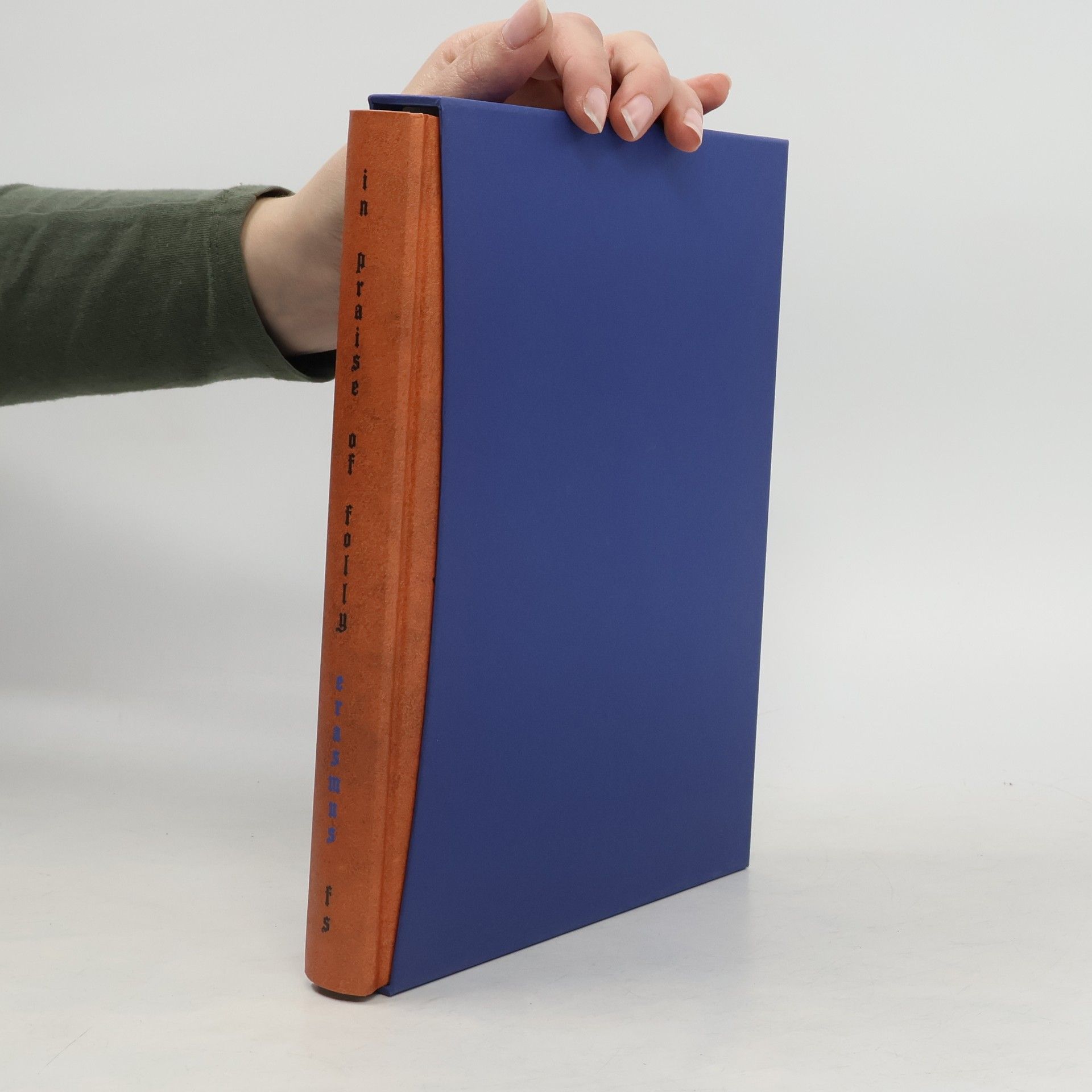Desiderius Erasmus Roterodamus Libros
Erasmo de Róterdam fue un humanista y teólogo preeminente que escribía en latín puro. Su meticuloso trabajo en textos bíblicos, especialmente en el Nuevo Testamento, introdujo nuevas perspectivas que influyeron tanto en la Reforma Protestante como en la Contrarreforma Católica. Si bien fue crítico con los abusos de la iglesia, buscó la reforma desde dentro, abogando por un camino intermedio con profundo respeto por la fe tradicional y rechazando posturas radicales. Su legado reside en su magistral síntesis de erudición clásica y profundidad espiritual, lo que le valió el título de "Príncipe de los Humanistas".

